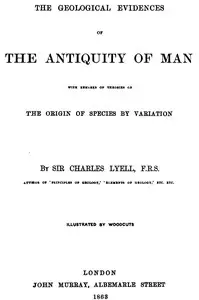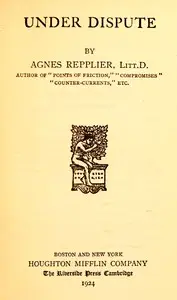"The Student's Elements of Geology" by Sir Charles Lyell is a scientific publication written in the late 19th century. This comprehensive work aims to introduce fundamental principles of geology, making it accessible to beginners while providing essential insights into the structure and formation of the Earth's crust, as well as the classification of various types of rocks and fossils. The book likely explores topics that clarify the processes of geological change over time and the significance of these processes in understanding Earth's history. The opening of "The Student's Elements of Geology" provides an introduction to the field of geology, detailing how geologists organize knowledge about the Earth based on the origin and age of rocks. Lyell emphasizes the classification of rocks into four primary groups: aqueous, volcanic, plutonic, and metamorphic, each characterized by their unique formation processes and properties. He explains the importance of understanding the composition and arrangement of these rocks, suggesting that they offer valuable insights into the Earth's past and the evolution of life on the planet. Through this informative preface and the beginning chapter, Lyell sets the stage for a detailed exploration of the geological sciences. (This is an automatically generated summary.)

The Student's Elements of Geology
By Charles Lyell
"The Student's Elements of Geology" by Sir Charles Lyell is a scientific publication written in the late 19th century. This comprehensive work aims to...
Sir Charles Lyell, 1st Baronet, was a Scottish geologist who demonstrated the power of known natural causes in explaining the earth's history. He is best known today for his association with Charles Darwin and as the author of Principles of Geology (1830–33), which presented to a wide public audience the idea that the earth was shaped by the same natural processes still in operation today, operating at similar intensities. The philosopher William Whewell dubbed this gradualistic view "uniformitarianism" and contrasted it with catastrophism, which had been championed by Georges Cuvier and was better accepted in Europe. The combination of evidence and eloquence in Principles convinced a wide range of readers of the significance of "deep time" for understanding the earth and environment.
















